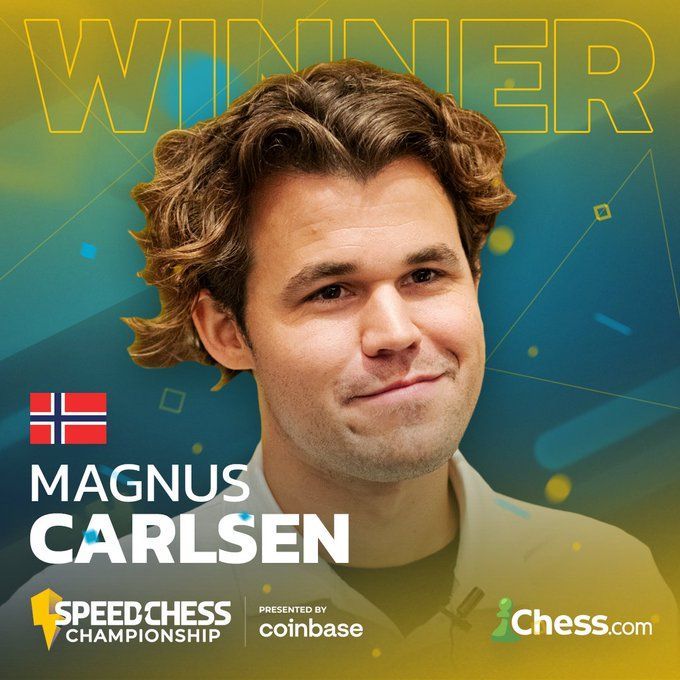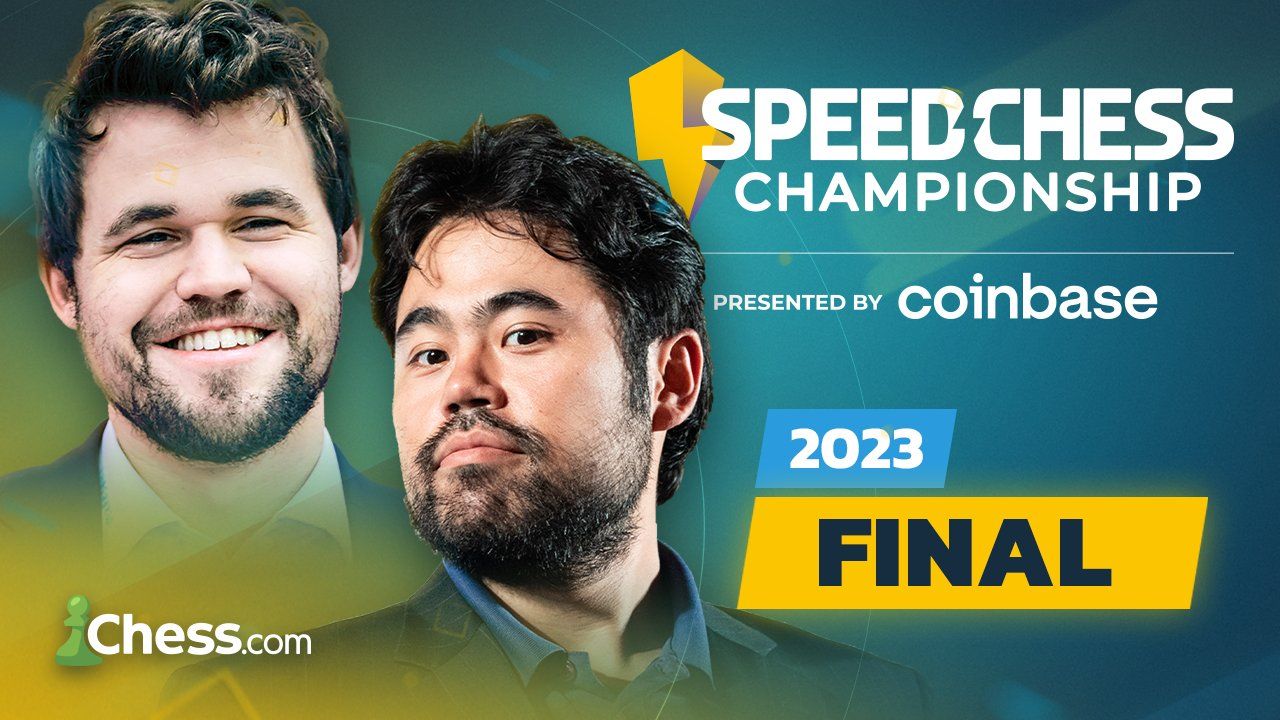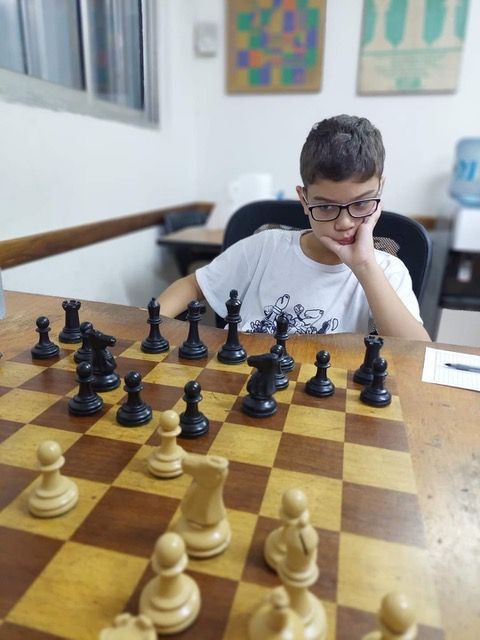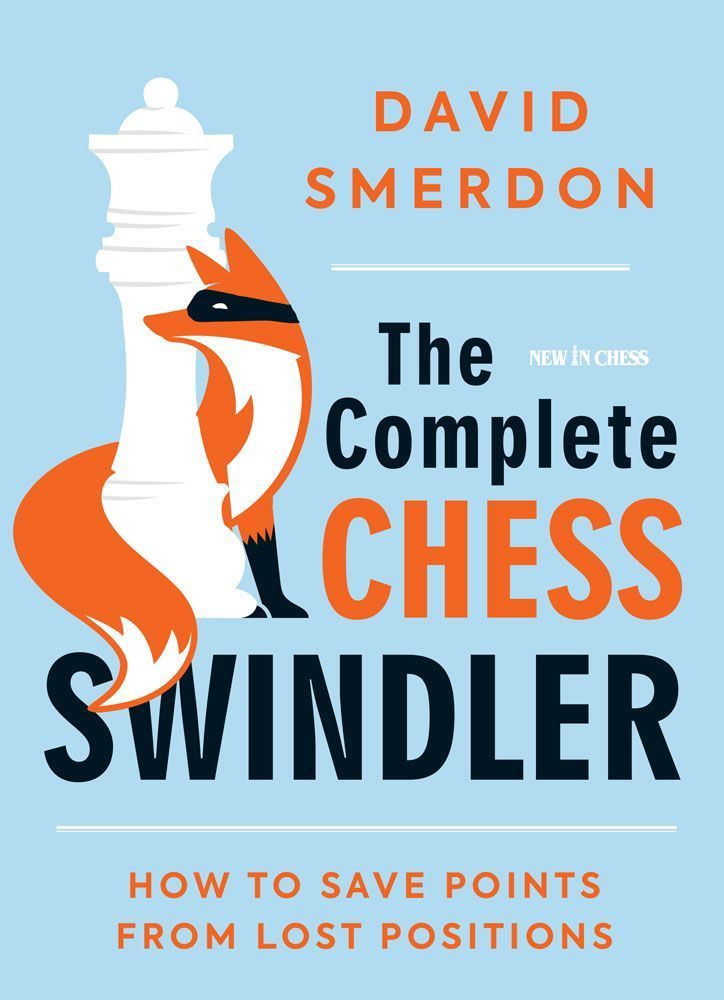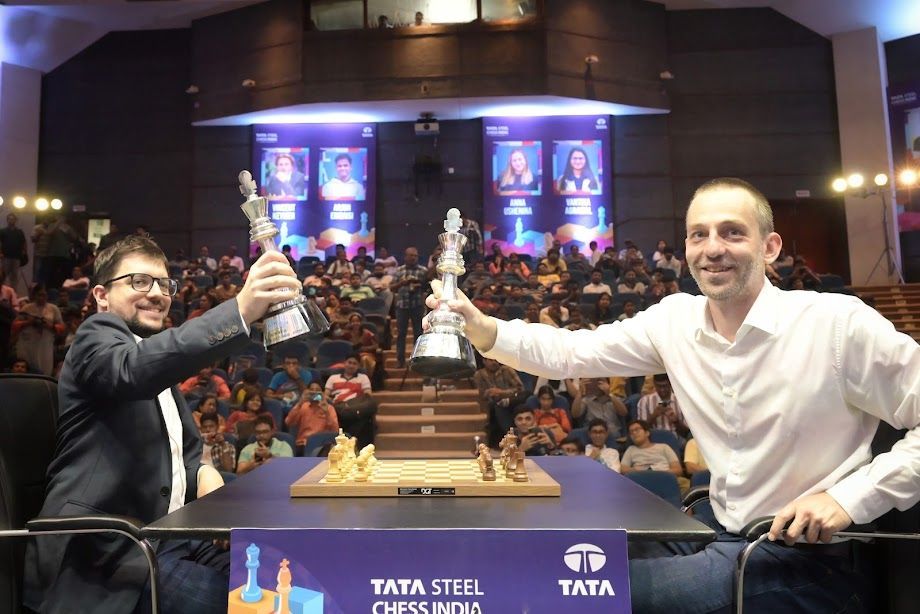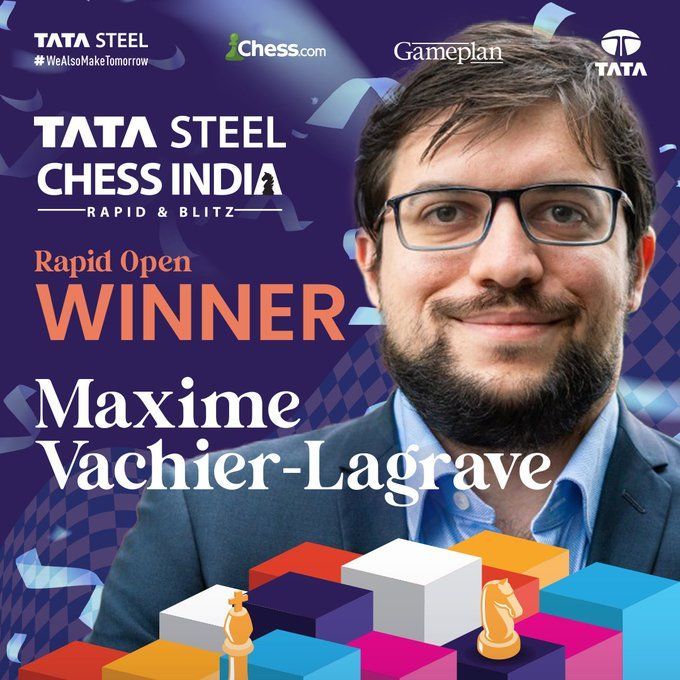Cup Conundrum
The participation of World Champion Magnus Carlsen, not only enhances the status and standing of the currently ongoing $1.6m FIDE World Cup in Tbilisi, Georgia, but his inclusion can come as no surprise to anyone, as not only is this the only major title in chess that the Norwegian hasn’t won – and would dearly like to win for a ‘full set’ – but also in the past he’s seriously touted this knockout event as an ideal format for an annual world championship-decider.
But welcome as it is, with Carlsen in the mix of the 128-player knockout tournament there comes an added conundrum for FIDE. If he reaches the final, then the relevance of the World Cup and arguably that of the subsequent Candidates tournament comes into focus as, technically, while it acts as a world championship qualifier, the Norwegian has exploited a loophole of there being no rule that bars the reigning champion from playing in a world championship-cycle qualifier.
The World Cup guidelines stipulate that the two finalists get direct entry into the Candidates. If Carlsen gets to the final, then there is a provision for a third place play-off. Rule 4.1 in the World Cup guidelines state, “If there is a 3rd place qualification, a match will be organized together, and with the same terms, with the final match of the World Cup to decide the 3rd place.”
So while FIDE might have covered the potential of Carlsen getting to the final, it throws up another conundrum in that of the world champion’s last title-challenger, Sergey Karjakin. FIDE has technically not made any provision for the strong possibility of a Carlsen-Karjakin final. The Russian has directly qualified for the Candidates being the loser in the 2016 world championship match – but he could potentially make it to the final alongside Carlsen, as both are on opposite sides of the draw.
If both get to the final, what will FIDE do? Will they simply give the two losing semi-finalists some sort of Willie Wonka golden ticket into the Candidates? If not that, then this leaves open the possibility of a messy multi-player tournament playoff for the two qualifying spots. Either way, a Carlsen-Karjakin final will leave FIDE with a massive cup conundrum.
And now the field in the World Cup has been cut to 64, with the only seeded casualty of the first round proving to be that of Ukraine’s Pavel Eljanov, the hero of the 2015 World Cup. And as round two got underway earlier today, the first player to win was Carlsen, as the world champion almost effortlessly beat the Russian former elite star and now looks a virtual certainty to easily reach the next round.
The only mishap of the round proved to be Indian ace Vishy Anand, whose speculative sacrifice backfired as he sensationally lost with the White pieces to Canada’s Anton Kovalyov, and now the five-time former world champion faces a must-win scenario with the Black pieces tomorrow to stay in the contest.
GM Aleksey Dreev – GM Magnus Carlsen
FIDE World Cup, (2.1)
Queen’s Gambit Declined, Ragozin variation
1.d4 d5 2.c4 e6 3.Nc3 Bb4 The Ragozin variation – named after the leading Soviet player and opening theorists of his day, Vlacheslav Ragozin (1908-1962) – is a very flexible, solid and a reliable system against the QGD, that found a new lease of life following the release of the 2016 New in Chess publication, The Ragozin Complex, by IM Vladimir Barsky. Lately, it has become a popular addition to Magnus’ arsenal, and arguably the world champion choice has been influenced by its adoption over the past year by his close friend and Norwegian No.2, Jon Ludvig Hammer. 4.Nf3 Nf6 5.Bg5 h6 6.Bxf6 Also an option is 6.Bh4 c5 7.dxc5 Nbd7 8.Qd4 Qa5!? with equal play, seen in Grandelius-Hammer, 2016 Norway Chess Qualifier. 6…Qxf6 7.Qb3 c5 8.cxd5 exd5 9.a3 Bxc3+ 10.Qxc3 c4 11.b3 Be6!? Dreev’s body language at this point was beginning to look just a tad uncomfortable, as Carlsen confidently whipped this move out – and the Russian had every right to feel uncomfortable, as it was also used to good effect by Hammer to win a nice game against Inge Skrondal earlier this year in the Norwegian Rapid Championship. 12.Ne5 The aforementioned Skrondal-Hammer game continued 12.e3 0-0 13.Be2 Rc8 14.0-0 Nc6 with Black having lots of active play and White daren’t taking the pawn. 12…0-0 13.e3 Nc6 14.Be2 Dreev perhaps had to be wondering what he was walking into here. The crux of the problems comes with accepting the pawn sacrifice after 14.Nxc6 bxc6 15.bxc4 Rab8! where suddenly White has problems getting his king to safety, and Black ideally poised to strike with his big lead in development. And if 16.c5 (Also no good is 16.Bd3 dxc4 17.Bxc4 Qg6! hitting g2 and threatening …Rb1+, and if 18.0-0 Bh3! wins) 16…Qg6 and White will be in deep trouble trying to get his king quickly to safety with the double threat of …Rb1+ and the hit on g2. 14…Nxe5 15.dxe5 Qg6 16.0-0 d4!? Magnus was looking very confidant as he played this – and all bad news for the Russian, as the world champion could well have still been in his opening preparation! 17.exd4 cxb3 White may well have the center, but Black has a big protected passed pawn close to queening. 18.Bf3 It’s not only the passed pawn that’s worrying Dreev, he also has to be concerned with Magnus getting in …Bd5 followed by …Rac8-c2 and a big attack. And if 18.Bd3 Qg4 19.f3 Rac8! 20.Qb2 Qf4 21.Be4 f5! Black is on top. 18…Rac8 19.Qe3 Qg5 The queens coming off has the potential to make Black’s passed b-pawn more of a dangerous threat. 20.Rab1 Qxe3 21.fxe3 Rfd8 Preventing Dreev from playing d5, which was a bit of a nuisance, as White’s passed d-pawn would also become problematic to deal with. 22.Bxb7 Rc3 23.d5 Dreev may have fared better going for the safer option with 23.Rfe1!? Rb8 24.Be4 that triple-protects the b1 square and leaves White threatening to push his d-pawn also. And this could well have forced Magnus to seek a repetition with 24…b2 25.d5 Bd7 26.Re2 Rc4 27.Bd3 Rc3 28.Be4 Rc4 29.Bd3 Rc3 etc. 23…Bd7 24.Rf4?! Perhaps understandably, Dreev is trying to get in Rf4-b4 putting pressure on the b-pawn – but there’s a little snafu with his plan. Instead, the only safe continuation was 24.d6!? Rxe3 25.Bd5! Be6 26.Bxe6 fxe6 27.Rfe1 Rd3 28.Red1 Re3 29.Re1 Rd3 30.Red1 etc and another repetition, because if a set of rooks get exchanged here, then White can claim the bragging rights to a little advantage in the ensuing rook and pawn ending. 24…a5! Not only stopping Rb4 but also, if needed, threatening …a4 protecting the b-pawn. 25.Kf2? Calamity! The last hope now was 25.d6 Be6 26.Rd4! with the plan of Bd5 and exchanging bishops and going into an equal double rook and pawn ending. But now Magnus has the momentum to drive home the win. 25…Rb8! (see diagram) 26.Bc6 Bxc6 27.dxc6 Rxc6 28.Rd4 Rc2+ 29.Kf3 Dreev is quite simply lost here. If 29.Ke1 Rxg2 and Magnus’ rook will be playing Space Invaders with all the weak and isolated White pawns left on the board. 29…b2 30.Rdd1 The only way to stop …Rc1 – but it comes at a heavy cost of White’s pawns being weak and vulnerable. 30…Rb5 31.a4 Rxe5 32.Rd8+ Kh7 0-1 Dreev resigns, as after 33.Rb8 Rf5+ 34.Ke4 Rff2 the b-pawn is defended and Black will pick off either the g2 or h2 pawn with an easy win.



